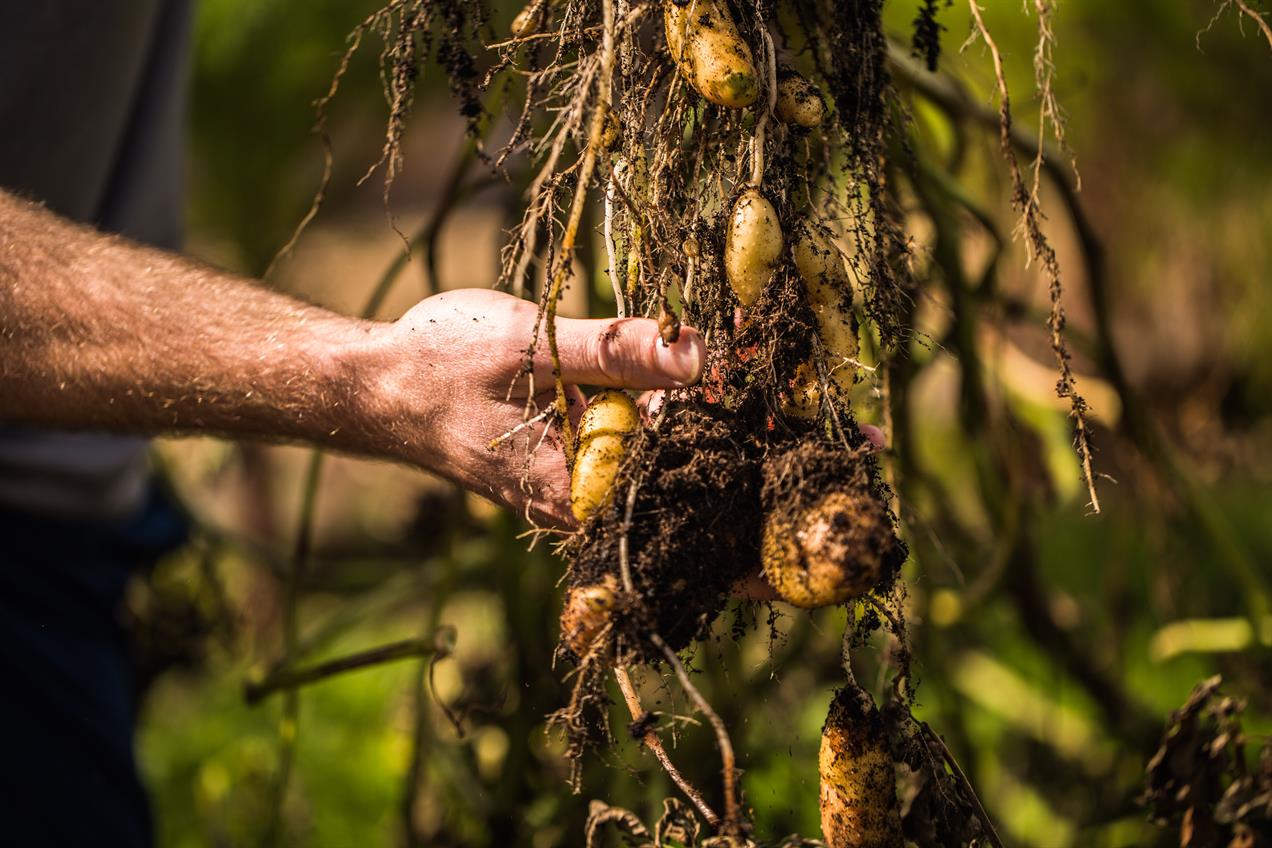In summer 2018 Headley Court will move to the late Duke of Westminster’s new Defence National Rehabilitation Centre at Stanford Hall, near Loughborough.
Carol Sales CHort was the scheme's first horticultural therapist and has delivered more than 4,000 sessions of HT to more than 1,200 patients at Headley Court. By February 2017 when the pilot was completed, Horticultural Therapy had been fully integrated into the range of rehab interventions available for DMRC’s patients.
But she will not be moving to the new facility and HighGround will begin the recruitment process to find her successor in early 2018. Headley Court is the only rehab centre in the UK for injured serving personnel. There are 3 patient groups and the pilot demonstrated how HT can be adapted to benefit all 3 groups in many and varied ways.
Activities such as deadheading flowering plants, tying in tomatoes or potting on young plants are examples of increasing standing tolerance for amputees or back and leg injury patients. By sowing graded sizes of seeds, pricking out fragile seedlings or side shooting greenhouse tomatoes, fine motor skills can be improved for neuro patients or those with hand injuries.
Tasting fresh produce, smelling fragrant herbs or observing bees on the lavender hedges are all very mindful for those struggling with mental health issues. Mapping rehab goals to purposeful horticultural tasks is the key to the success of the Horticultural Therapy service.
HighGround’s work continues, and Anna Baker Cresswell launched the Horticultural Therapy Challenge in January 2017 to raise the funding to continue delivering the Horticultural Therapy service for another 3 years.

